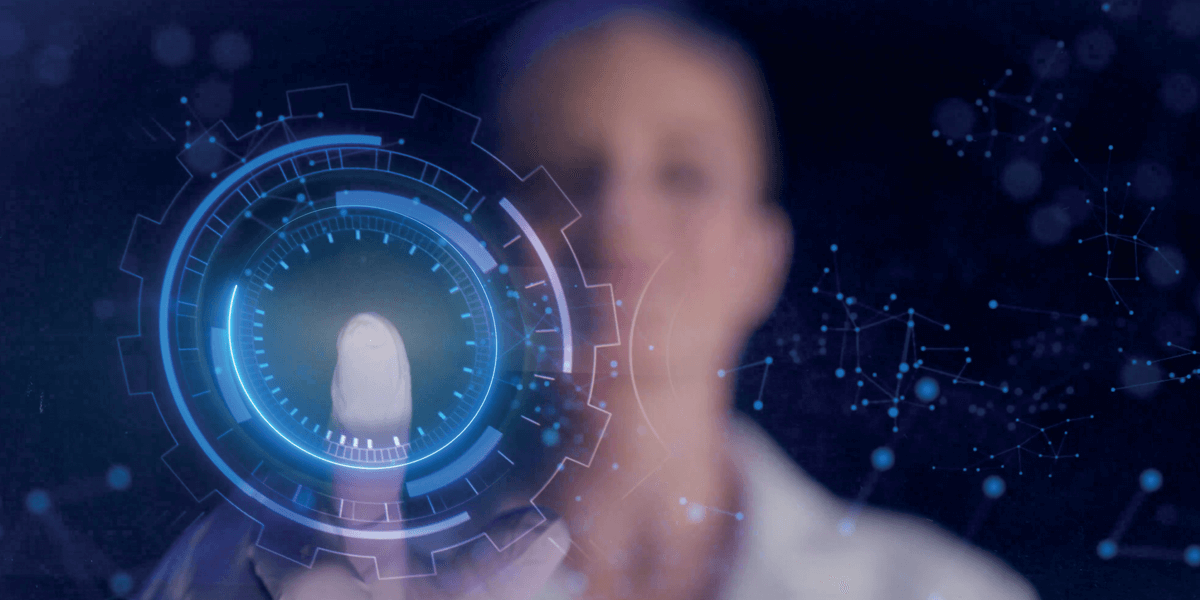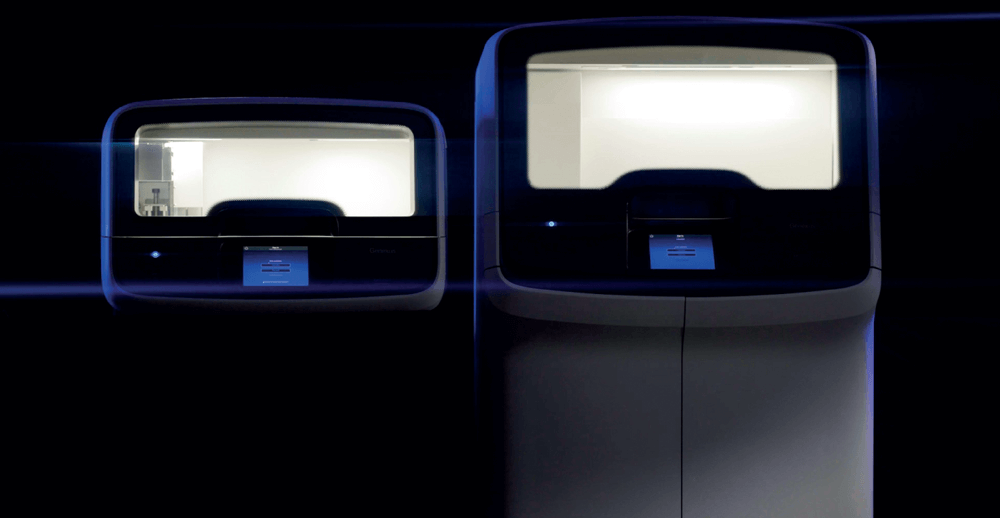
Next-generation sequencing (NGS) is becoming an increasingly significant part of genomics testing, but the technological footprint and expertise involved make it difficult to implement in many labs. Thus, the sheer power of NGS becomes its weakness – it can interrogate thousands of genes at a time, but the time, resources, and knowledge required all make the technique the province of specialized labs that accept outsourced work. Ordinary labs, for whom the size and complexity of NGS equipment means it may not even physically fit in their space-constrained laboratories, have had few other options but to accept the difficulties and delays of this workflow. However, thanks to the Ion Torrent™ Genexus™ System, the days of outsourcing NGS research are numbered.
Consisting of two connected devices – the Ion Torrent Genexus Purification System and the Genexus Integrated Sequencer – the Genexus system provides an almost completely automated workflow with as little as 20 minutes of hands-on time and results ready for analysis within one day – a far cry from the multi-day process of many other NGS workflows. This level of automation helps increase reproducibility and efficiency and reduce personnel costs. The Genexus system also avoids the challenges of cobbling together a working solution from different manufacturers; the software follows samples from beginning to end, making error detection and method control simple and intuitive.
For applications as diverse as oncology biomarker profiling, SARS-CoV-2 research assays, and inherited disease research, the Genexus system offers an easy solution. Up to four distinct assays can be combined into a single run (even with as little as one sample in the run), enabling the Genexus system to scale up or down as needed. Its GX5 gene chip can even be partially used and then finished at a later time with other samples due to its high stability.
Thermo Fisher Scientific provides ample and easily accessible support for the Genexus System, including hands-on orientation with its SmartStart program, training centers around the world, smart remote support, and field service engineers available on short notice to diagnose and repair problems. The company’s consulting and qualification services also improve the chances for performing installation and qualification testing – ensuring that instruments are functioning correctly and ready to go. Similarly, Thermo’s analytical validation services can accelerate the researcher’s launch timetable and reduce costs by providing project management services and managing the analytical validation workflow – helping researchers to make sure their assays perform at the expected level and instruments operate within desired parameters. With all this in mind, it’s clear that the Genexus System supports molecular labs in working to their fullest potential.

Learn more at: www.oncomine.com/genexus.





